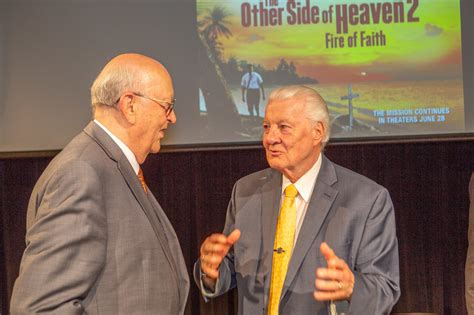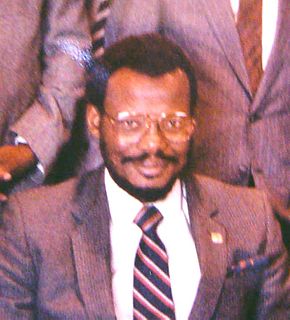A Quote by Marshall B. Rosenberg
In our culture, most of us have been trained to ignore our own wants and to discount our needs.
Related Quotes
One of the most effective ways to overcome anxiety is to try to shift the focus of attention away from self and toward others. When we succeed in this, we find that the scale of our own problems diminishes. This is not to say we should ignore our own needs altogether, but rather that we should try to remember others' needs alongside our own, no matter how pressing ours may be
In the consumer culture of marriage, commitments last as long as the other person is meeting our needs. We still believe in commitment, because we know that committed relationships are good for us, but powerful voices coming from inside and outside tell us that we are suckers if we settle for less than we think we need and deserve in our marriage. Most baby boomers and their offspring carry in our heads the internalized voice of the consumer culture-to encourage us to stop working so hard or to get out of a marriage that is not meeting our current emotional needs.
The Islamic State does not want us to open our doors to their refugees. It wants them to be hopeless and desperate. It does not want us to enjoy ourselves with our families and friends in bars and concert halls, stadiums and restaurants. It wants us to huddle in our houses, within our own social groups, and close our doors in fear.
Satan wants to claim our souls and those of our children. He want our marriages and our families to fail. He wants darkness to reign. Despite thise, we needn't worry or back away from our duty to our family (present or future), our community, or others, for God will always support and bless us in our honest efforts t odo His will. He wants us to suceed more than Satan wants us to fail- and God is always more powerful.
To say that it is not our fault does not relieve us of responsibility. However, we may not have polluted the air, but we need to take responsibility, along with others, for cleaning it up. Each of us needs to look at our own behavior. Am I perpetuating and reinforcing the negative messages so pervasive in our culture, or am I seeking to challenge them?
Notice carefully every word here. It is not our prayer which draws Jesus into our hearts. Nor is it our prayer which moves Jesus to come in to us. All He needs is access. He enters in of His own accord, because He desires to come in. To pray is nothing more involved than to let Jesus into our needs, and permitting Him to exercise His own power in dealing with them. And that requires no strength. It is only a question of our wills. Will we give Jesus access to our needs?.
Our attitude toward our own culture has recently been characterized by two qualities, braggadocio and petulance. Braggadocio - empty boasting of American power, American virtue, American know-how - has dominated our foreign relations now for some decades. Here at home - within the family, so to speak - our attitude to our culture expresses a superficially different spirit, the spirit of petulance. Never before, perhaps, has a culture been so fragmented into groups, each full of its own virtue, each annoyed and irritated at the others.
The world may not applaud us for wiping running noses, driving in carpools, or talking with our teenager into the wee hours of the morning. And until they are trained, our children might not thank us either. But as we set aside our own selfish desires and glorify God by joyfully serving our children, we are pursuing true greatness according to the Bible. Let us do so with tenderness, affection, and with a smile!





































